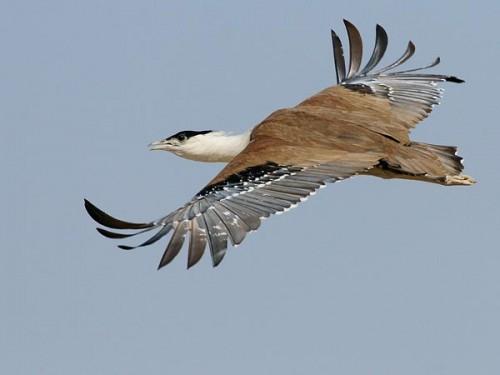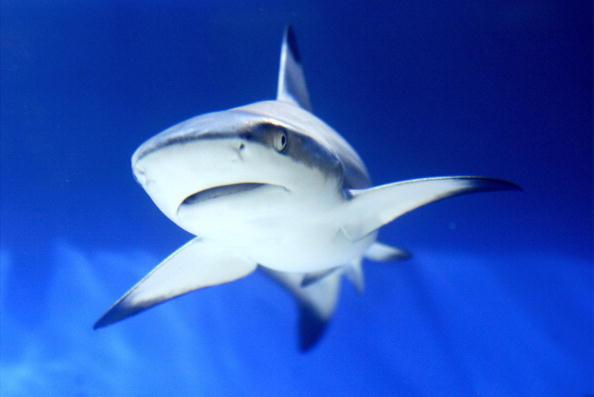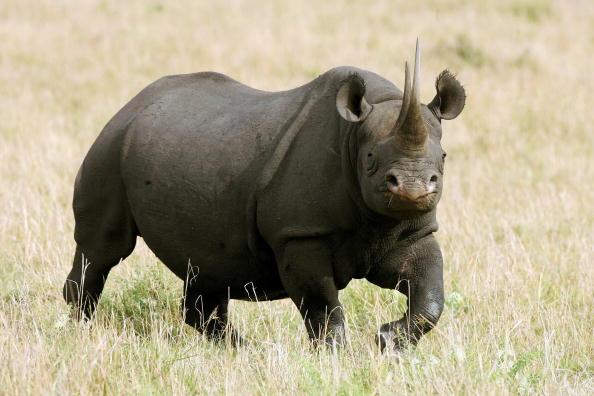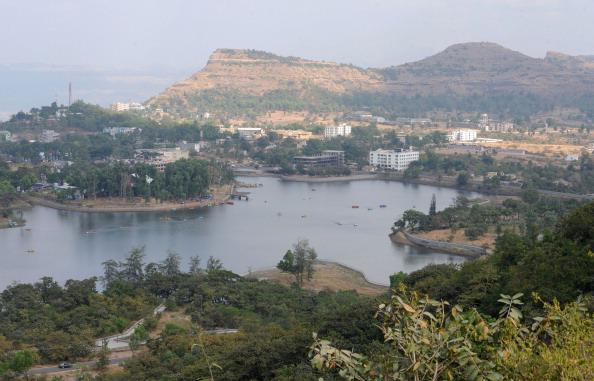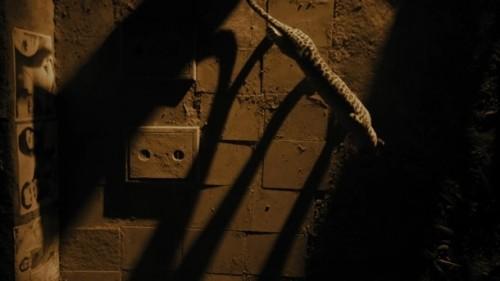Serious conservation plans seem to have finally fallen in place for the Great Indian Bustard with the sanctioning of a breeding centre in Gujarat by the central government. The land identified by the state government for the first breeding centre is in Kutch and in close proximity to the Great Indian Bustard Sanctuary.
IUCN report
The Great Indian Bustard (Ardeotis nigriceps) is included in the red list of endangered animal species of the International Union for Conservation of Nature (IUCN). The IUCN report states that since fewer than 200 Great Indian Bustards are remaining in India, a breeding programme should be undertaken by the government to increase its numbers.
The report says, “Since other conservation measures will require at least five to 10 years for effective results, the rapidly declining species numbers provide a window of less than five years and hence there is a need to take eggs from the wild and hatch them in an artificial breeding centre.”
There are just 200 Great Indian Bustards surviving in India today with most of their population restricted in the states of Gujarat, Rajasthan, Madhya Pradesh, Karnataka, Maharashtra and Andhra Pradesh. The birds are found found in Kutch in Gujarat. They are now believed to be extinct in the states of Punjab, Haryana, Orissa, Tamil Nadu and Uttar Pradesh which was once their habitat.
The population of these birds in Gujarat has grown from 30 in 2007 to about 50 birds at present.
To help with the breeding centre, the Central government will bear 75% of the funding and the state government will bear the remaining 25% funding.
Talking about the conservation plan, the principal chief conservator of forests, CN Pandey has said,
“We have also agreed to share finances. Provision for such a breeding centre has been made in the state’s budget for 2014-15. A species recovery programme for the great Indian bustard was also prepared and sent to the central government which has accepted it in principle. Apart from the breeding centre, several other measures will be taken up to save the bird from extinction.”
India’s Endangered first reported about the plans of setting up this breeding centre in June this year. Read here. However, in the last six months little seems to have happened to turn this into a concrete plan and start execution. Now that the IUCN too has asked for the need of a breeding centre, perhaps the international concern will change the pace of work.
This article was originally written and published by Shilpi Gemawat, a contributing writer for indiasendangered.com. For the original article and more information, please click HERE.
